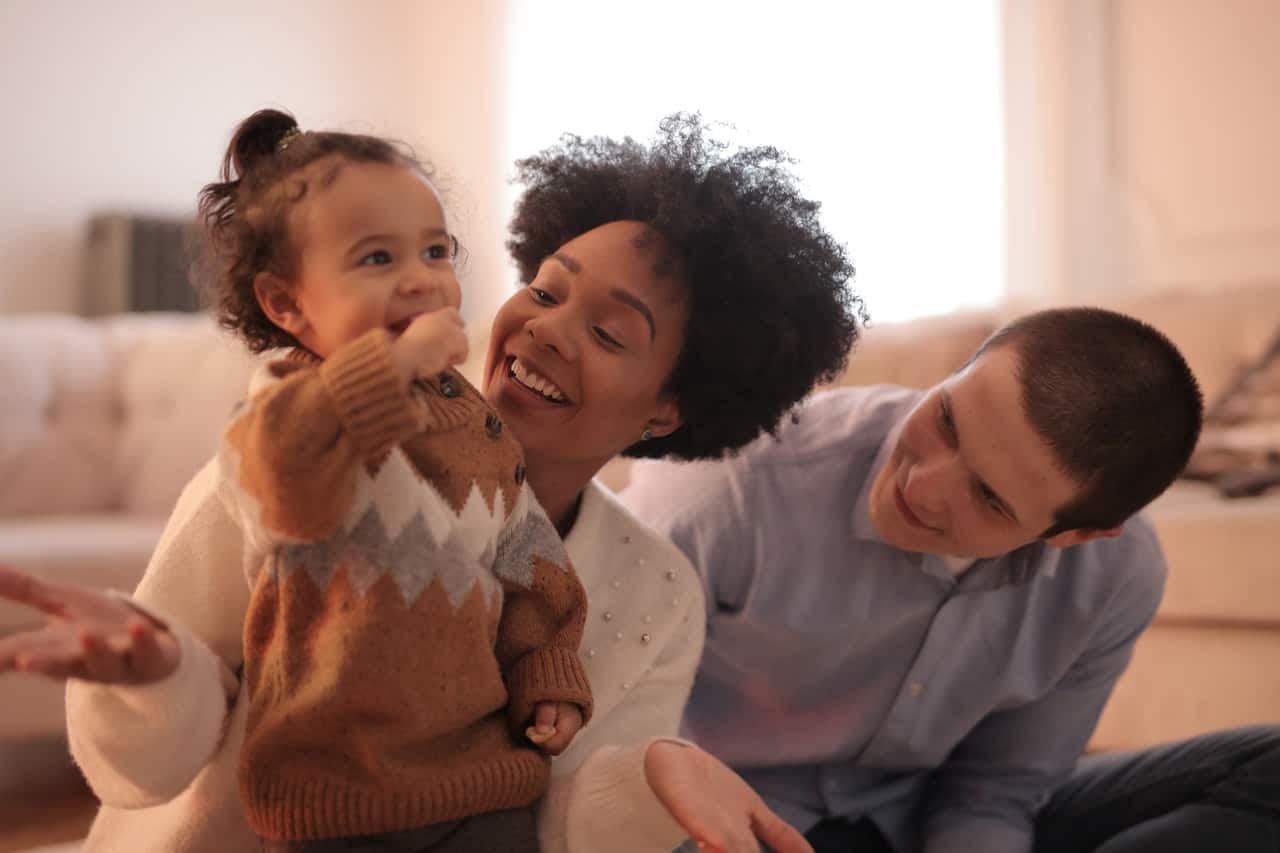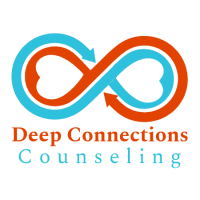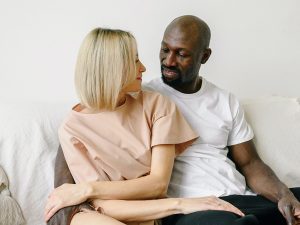Are you seeking ways to improve your relationship? Relationship counseling for individuals offers a powerful tool to explore your own personal issues while addressing the dynamics between you and your partner. Learn how individual therapy can help you foster healthier connections.
A compassionate, genuine, romantic lover who shares your values and goals. I might as well have written “a diamond in a coalmine” because that’s what the dating world sometimes feels like. The dating world can seem daunting, unpredictable, and unsatisfying, which can lead to many of us feeling like we might be destined to be forever alone.
But the simple truth is that we are not destined to be forever alone and neither are you. However, the hard truth is that finding “the one” may involve much more than relying on a meet cute at a coffee shop. In this post, we will discuss what a relationship counselor is trained to do and whether you would benefit from a session with an expert in relationship therapy.
Finding yourself in a satisfying and loving relationship requires recognizing self-sabotaging behaviors and introducing positive changes to your thinking processes. All of which a relationship counselor is specially trained to help you with.
What Is Relationship Counseling for Individuals?
Relationship therapy is an umbrella term used to describe any type of therapy with the goal of enhancing a person or persons’ relationship satisfaction. Relationship counseling for individuals more specifically describes the therapeutic process used to allow you to take a stronger control over the satisfaction you find in your relationships, whether you have a romantic partner or not.
Relationship counseling for individuals is for just that: individuals! No matter what layer you are in your relationship atmosphere, you will gain the potential to benefit from relationship therapy. Any person who finds that they are unsatisfied in their romantic life will gain a better understanding of themselves, their relationships, and the dating world around them.
Our experts recognize that relationship dissatisfaction can look like many situations, including:
- Having difficulty finding and sustaining passion and genuinity in relationships
- Having difficulty with anxieties and stresses in relationships
- Having difficulties with confidence and self-esteem in approach
The Psychology Behind Relationship Counseling for Individuals
But how does relationship therapy actually take advice that seems common sense, like loving yourself and building self-acceptance, and apply psychological principles to catalyze positive change? Without going in depth into the psychological underpinnings of relationship counseling for individuals, this section will briefly explain the workings of relationship counseling.
How Does Self-Preservation Exaggerate Our Fear and Threat Detection?
First, let’s talk about self-preservation. Self-preservation is the way in which fear exaggerates our threat detection, powered by a biological need to feel safe. Because of this, our threshold for threats becomes dramatically lowered, which means that even the slightest possibility of a threat could be interpreted as a life-threatening attack on our safety.
How does this apply to relationship therapy?
When we notice even the slightest fear or insecurity in our relationship, we become highly alerted to negative emotions, and naturally, we will tend to focus primarily on that negativity. Fear, motivated through self-preservation, narrows our perception of our partners in a particularly negative light.
In a nutshell, when we feel scared or insecure, we tend to only see the negative in our partners.
How Self-Preservation Can Create a Negative Cycle with Others and Yourself
Similarly, when we sense insecurity in ourselves, we will narrow our perception of ourselves to be negative. This negativity leads to a further negativity narrowing of our perception, which leads us feeling more insecure about ourselves. This never-ending cycle is known as the negative cycle, a damaging and if left unobstructed, relationship-threatening cycle.
During individual sessions of relationship counseling, your therapist will work intimately with you to recognize, explore, and resolve unhelpful and counterproductive behaviors. These behaviors feed into the negative cycle that is damaging your relationship with potential romantic interests, and with yourself. Therefore, it is in the best interest of yourself and your
relationship counselor to develop healthy coping strategies to an approaching negative cycle
How Is This Different From Dating Coaches?
The difference between a licensed therapist specialized in relationship therapy and a dating coach is significant enough for us to recommend that you take time to understand the two. Before hiring a therapist or dating coach, you should ask each of them if they have experience with what you are dealing with.
Even experience can be cloudy. Therapists often have more experience dealing with and helping their clients overcome obstacles in their relationship dissatisfaction. Dating coaches often have more experience in the dating world themselves.
It is important to note that while dating coaches might have more experience in the dating world, having experience relatability does not mean diagnosing the hows and whys of a client’s self-sabotaging behaviors, which is the source of most relationship dissatisfaction.
Our Goals Are Your Goals: Positive Change for Relationship Happiness
A dating coach will say about a relationship therapist “if you’re looking to get a girlfriend in 90 days, they might not be the best bet”. Truth be told, that is correct. The goal of a relationship therapist is not to get you a romantic partner. Rather, it is to allow for personal growth, heal past traumas that may be the source of self-sabotaging behaviors, and to boost self-confidence, self-acceptance, and relationship satisfaction.
If you think that you would benefit from a consultation with our therapists, trained in relationship expertise, schedule an appointment by calling (757) 704-5558 or talk to us by emailing hello@deepconnectionscounseling.com.
Best of luck!

Kinga Gudor, PhD
Kinga is a Licensed Clinical Social Worker (LCSW) with more than 15 years of experience. She specializes in couples therapy and working with individuals from a multicultural background.









